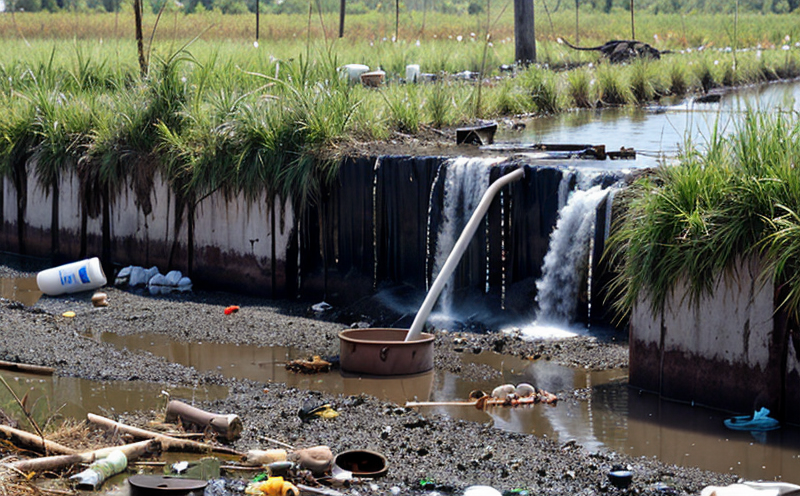Wine Pollutant Testing
The testing of pollutants in wine is a critical process that ensures the safety and quality of alcoholic beverages. This service involves identifying various contaminants such as heavy metals, pesticides, and other potential pollutants to ensure compliance with international standards like ISO 14155:2019 and EU regulations.
Heavy metal contamination can arise from agricultural practices, storage conditions, or even the use of unapproved equipment. Common heavy metals tested include lead (Pb), mercury (Hg), cadmium (Cd), and arsenic (As). Pesticide residues are another concern due to their persistence in the environment and potential health risks. Regulatory limits for these chemicals vary by country; for example, EU limits for pesticide residues are outlined in Directive 2002/657/EC.
The testing process begins with the collection of samples from different stages of wine production—grapes, must (crushed grapes), and finished wines. Each sample undergoes rigorous preparation, which includes extraction methods to ensure all potential contaminants are released into solution for analysis. High-Performance Liquid Chromatography (HPLC) and Inductively Coupled Plasma Mass Spectrometry (ICP-MS) are two common analytical techniques used in this process.
Once the samples are prepared, they undergo a series of tests to identify pollutants. The results provide detailed information on the presence and concentration levels of contaminants. This data is crucial for producers to make informed decisions about quality control measures, such as selecting safer pesticides or improving storage practices.
- Customer Impact: Early detection allows wineries to take corrective actions before a product reaches market, thereby protecting consumer health and reputation.
- Satisfaction: Compliance with regulations enhances customer trust and ensures legal adherence.
The significance of this testing cannot be overstated. Not only does it ensure the safety of consumers but also contributes to the sustainability goals of wineries by identifying sources of contamination early in the production process.
Why Choose This Test
Selecting a reliable laboratory for wine pollutant testing is essential for maintaining product integrity and ensuring compliance with international standards. Our service offers several advantages that set us apart from competitors:
- Expertise: We employ highly trained technicians and scientists who specialize in environmental pollutant analysis.
- Technology: Utilizing advanced instruments like HPLC and ICP-MS ensures accurate and precise results.
- Compliance: Our services are aligned with the latest international standards, ensuring you stay ahead of regulatory changes.
- Speed: Efficient sample preparation and analysis reduce turnaround times without compromising accuracy.
- Confidentiality: We maintain strict confidentiality regarding all client information and test results.
Choosing our service means investing in the future of your business by ensuring that every batch of wine meets rigorous safety standards. This commitment to quality not only protects consumers but also strengthens your brand's reputation for reliability and excellence.





